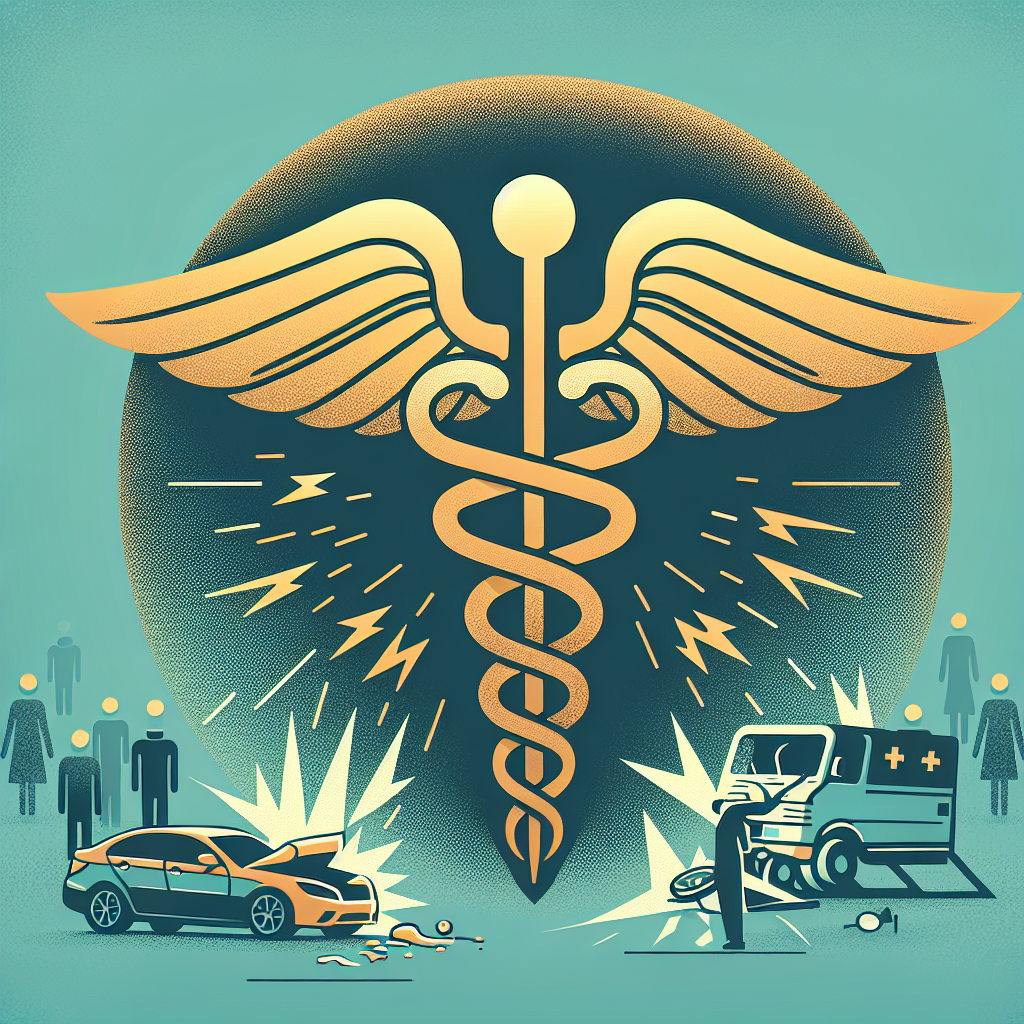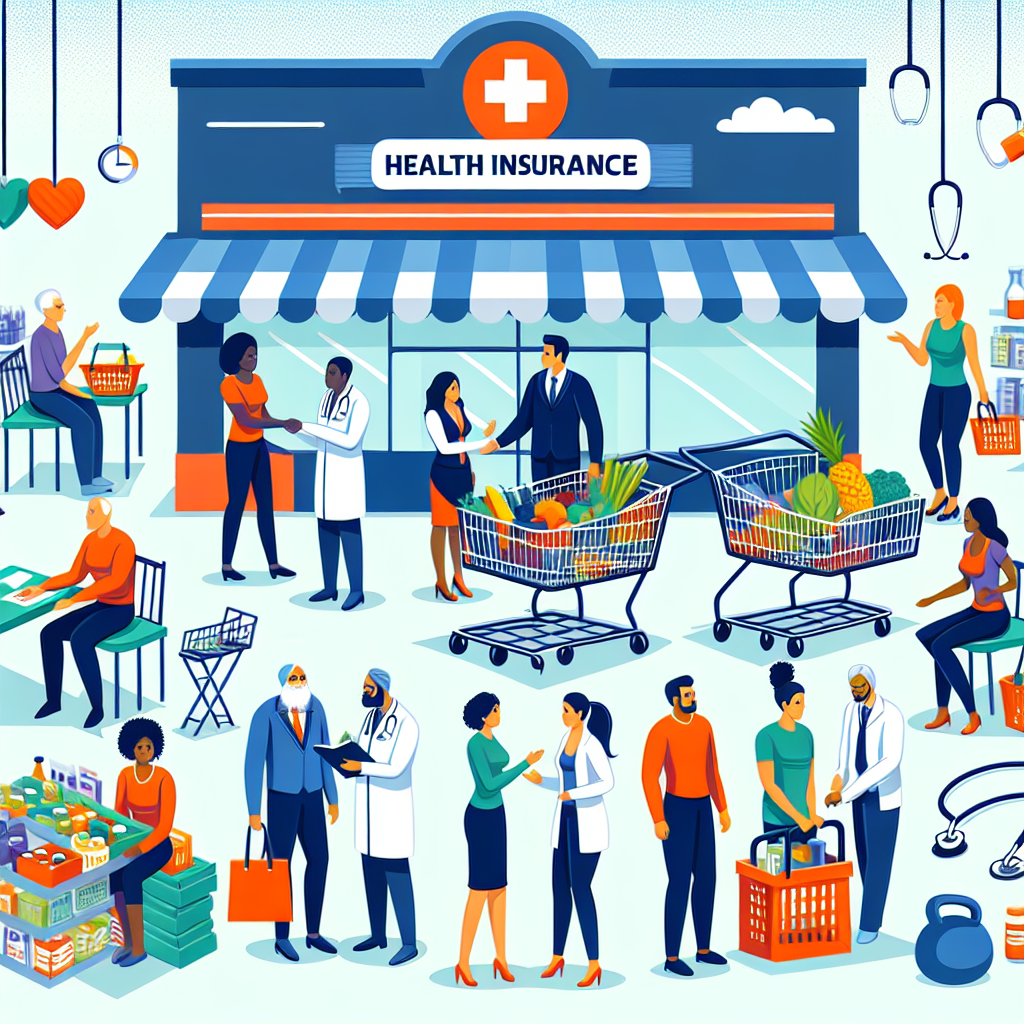Filed under Health Insurance on
Health Insurance and Car Accidents: What You Need to Know

When it comes to the complex world of insurance, understanding how health insurance interacts with scenarios like car accidents is crucial for ensuring you are fully covered. Navigating through insurance policies after an accident can be daunting, but having the right knowledge makes the process smoother. This guide aims to arm you with everything you need to know about health insurance in the context of car accidents, from understanding the basics to delving into more detailed scenarios.
Understanding the Basics of Health Insurance
Health insurance acts as a financial safety net by covering medical expenses arising from illnesses or injuries. Typically, it involves the payment of monthly premiums, and in return, it reduces or fully covers costs of medical care. With an understanding of health insurance, you can better manage your health care expenses and ensure that you have the necessary protection in place in case of a car accident.
Types of Health Insurance Plans
- Health Maintenance Organizations (HMOs): This plan requires you to choose a primary care provider, and you'll need a referral to see a specialist. HMOs usually have lower premiums and out-of-pocket costs.
- Preferred Provider Organizations (PPOs): Offers more flexibility by allowing you to see any health care provider, but at a higher premium. Patients enjoy easier access to specialists without referrals.
- Exclusive Provider Organizations (EPOs): Like PPOs, but only covers out-of-network care in emergencies.
- Point-of-Service (POS) Plans: Combines features of HMOs and PPOs, requiring a primary care provider but providing the option for out-of-network care at a higher cost.
How Health Insurance Intersects with Car Accidents
When involved in a car accident, determining which insurance policy covers which costs can be tricky. Here, we break down how health insurance comes into play:
Primary vs. Secondary Coverage
After a car accident, your health insurance may either be the primary or secondary payer for your medical expenses. Generally, car insurance policies are the primary payers when it comes to auto-related injuries, while health insurance acts as secondary coverage.
- Primary Insurance: This is the first line of coverage that applies to your medical claim. Typically, it would be your car insurance under the medical payments (MedPay) or personal injury protection (PIP) provisions.
- Secondary Insurance: In events where your car insurance might not cover the entire cost of medical care, your health insurance will pick up the tab for any remaining expenses.
Key Considerations for Policyholders
Coordination of Benefits
This term refers to how the health and car insurance companies collaborate to decide which insurer is responsible for costs. It's essential to inform your health insurer about the accident and work collaboratively with all parties involved in the claims process.
Exclusions and Limitations
Your health insurance policy might have specific exclusions or limitations when it comes to covering car accident injuries. For instance, some policies may not cover injuries sustained while driving under the influence. Understanding these exclusions can prevent unexpected financial burdens.
Timely Filing of Claims
Filing claims promptly with both your car and health insurance providers is crucial. Delays can lead to denied claims due to late reporting. Always check the timeline allowed for filing claims within your specific policies to secure coverage.
What’s Covered: A Breakdown of Potential Medical Expenses
Healthcare expenses can pile up after a car accident, but your insurance policies will typically cover various components of care:
- Emergency Room Visits: Immediate care costs are usually covered, reducing upfront expenses for critically injured individuals.
- Surgery and Hospital Stays: Both car and health insurance should cover surgeries and hospitalizations if related to a car accident.
- Rehabilitation and Therapy: Often, your health insurance will cover rehab services, including physical, occupational, or speech therapy necessary for recovery post-accident.
- Medical Equipment: If you require medical equipment like crutches or wheelchairs, check whether these are listed as covered expenses under your insurance plans.
Recent Industry Trends and Insights
Increasing Integration of Health and Auto Insurers
Recently, the industry has witnessed a trend towards more collaboration between health and auto insurers, especially in crafting policies that provide seamless coverage for accidents. Insurers are emphasizing customer education to maximize the benefits from both policies without overlaps.
Technological Advancements
With the advent of telehealth, injured parties can consult with healthcare providers remotely, a feature often covered by health insurance. This has expanded access to care post-accident, particularly in rural or less accessible areas.
Expert Opinions on Handling Insurance After an Accident
Industry experts advise policyholders to rigorously review their insurance documents regularly. Ensuring both your health and car insurance policies are updated and comprehensible simplifies the claims process should an accident occur. Seeking professional advice or consulting with insurance brokers can also provide clearer insights tailored to your personal circumstances.
Conclusion: Your Action Plan
- Regularly review and understand your health insurance plan regarding accident coverage and benefits.
- Cross-examine your car insurance policy to see how its coverage intertwines with your health insurance.
- Establish clear lines of communication with your insurance providers to ensure all parties understand the coordination of benefits.
- Act promptly when filing claims post-accident to ensure timely and full reimbursement.
- Consider seeking advice from insurance professionals to optimize your coverage strategy efficiently.
Being informed and proactive is the best approach to navigating the realms of health insurance and car accidents. Understanding your rights and responsibilities under your insurance policies not only provides peace of mind but also ensures financial protection when the unexpected happens. Remember, thorough preparation and sound knowledge form the cornerstone of effective insurance management in accident scenarios.





